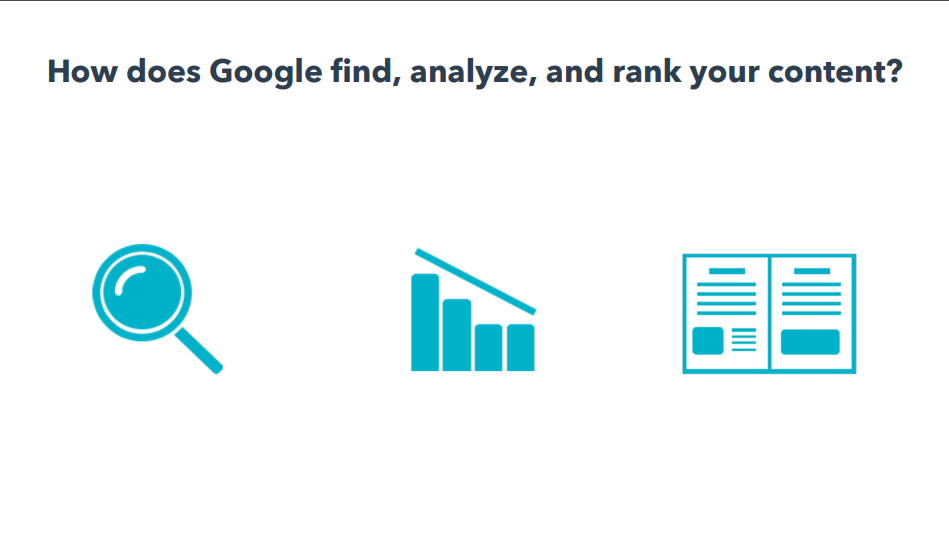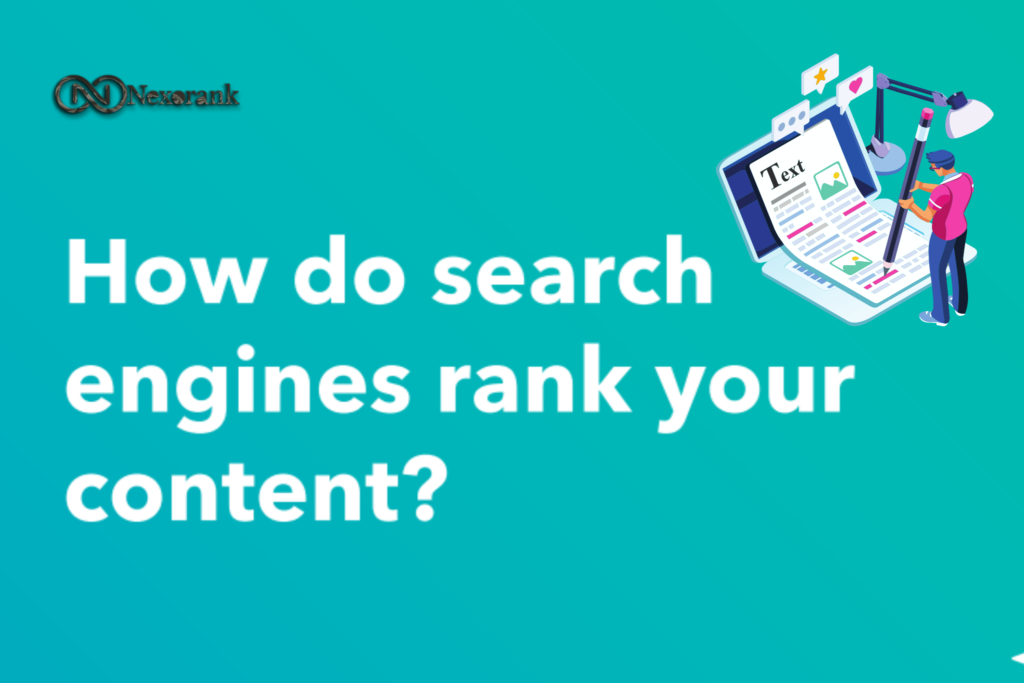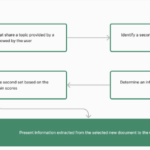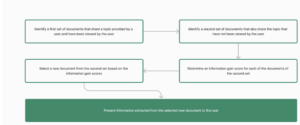The key to getting your content to rank well in search is having a clear understanding of how Google finds, analyzes, and ranks your content. Getting your content to rank highly in search results depends predominantly on two things: (Content Ranking Factors)

One, improving discovery and relevance by creating lots of high-quality content on the topics you want to be known for; and two, building authority by getting lots of high-quality backlinks to your website. Discovery, relevance, and authority – those are the three stages that cover how search engines work in a nutshell. And each of these three stages correlates with an action the search engine takes: crawling, indexing, and ranking. First is the DISCOVERY stage. Search engine bots discover your web page by “crawling” it – which really just means it discovers your web page and takes note of all of the content within it.
Next is the RELEVANCE stage.
Once a search engine bot discovers your content, it decides how relevant it is to certain search queries by indexing it, based on signals like keywords within the content.
Next is the AUTHORITY stage. This means building enough credibility through backlinks and other factors, that search engines consider your site authoritative enough to rank high in the search results. Authority directly impacts ranking strength. I find the best way to explain how search engines rank content is using the library metaphor. After all, isn’t Google just a giant library? Let’s pretend for a moment that you work in a library. You have a ton of books in a pile in front of you, and you need to figure out where in the library these books need to be stored. This is a GREAT way to think about how Google finds, analyzes, and ranks content.
Your first step is to FIND all these books. This is CRAWLING. If a book isn’t in the stack to begin with or you can’t see it, you won’t be able to put it on a shelf. That’s the discovery stage. In the sense of a website: Do you have a
piece of content, and can the search engines access it? Your second step is to CATEGORIZE the books. This is INDEXING. The books in your library cover all sorts of topics: fiction, nonfiction, science, history, and technology. How do you sort them? This is where you assess the relevance of a book to a topic – by looking at the title, flipping through some pages, and seeing who the author is and whether they’re known for writing about certain topics. Search engine bots index content on a website in a similar way. They crawl the content and say,
‘What are the contents of this web page?
What do they mean?
Then, they bucket them into some sort of topic and start to create some semantic associations. Your third step is figuring out which books to feature. What should go on your best-sellers shelf? Which books should you make easier to find than others? This is RANKING. The way you determine which books are most easily discoverable for visitors to your library is mostly based on whether the book comes from credible sources. So, how do you determine authority? This is a subjective exercise. In the case of books, you look for credible authors like Dan Brown and H.G. Wells. Those are authoritative sources – we know that because they’re talked about a lot, referred to a lot, and they’re cited in other works. Getting cited is like having backlinks to your website– things that are mentioned in the press and are linked to from other sites regularly. That’s what builds authority.
These three stages and actions are dependent on one another. If your content isn’t relevant, then it has little chance of ranking, no matter how authoritative it is. If your website isn’t authoritative, then it has little chance of ranking, no matter how relevant it is. And if your website can’t be discovered in the first place, it has no chance of ranking at all.
We hope this helped you understand how search engines discover, index, and rank your content. Content Ranking Factors



















